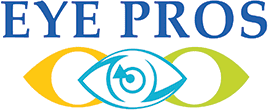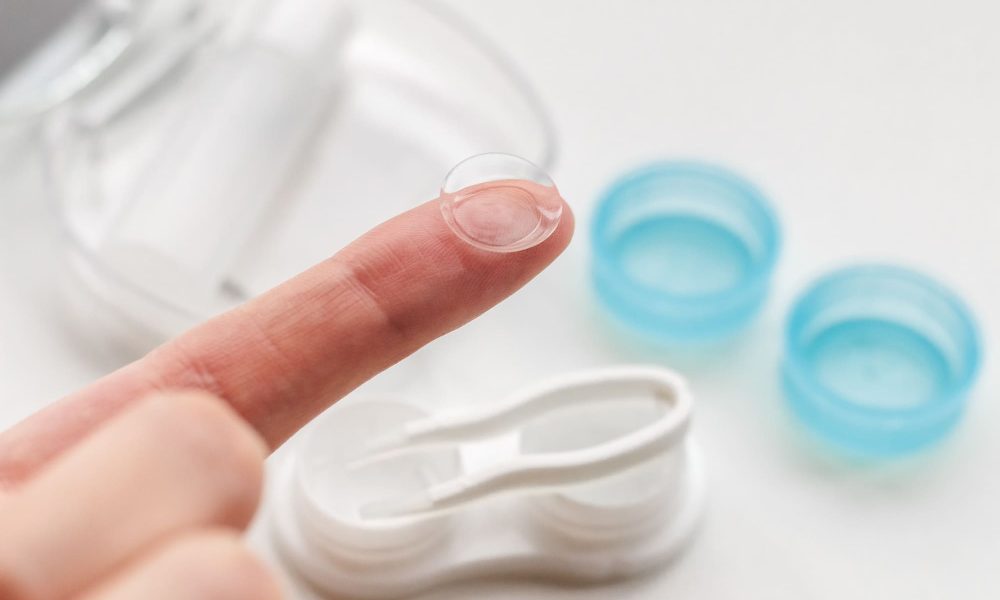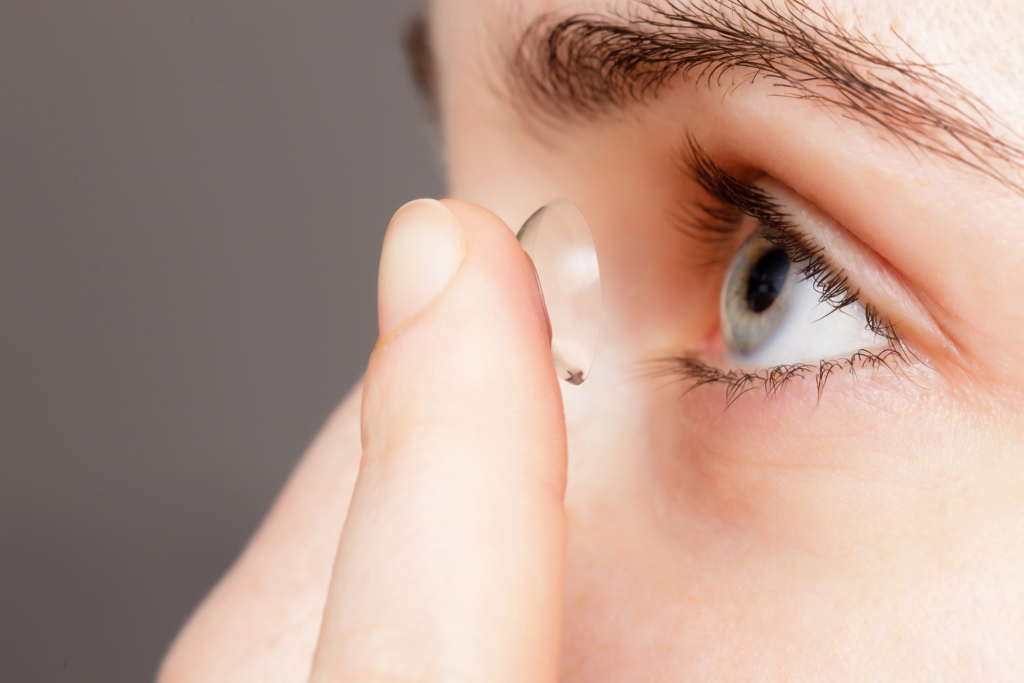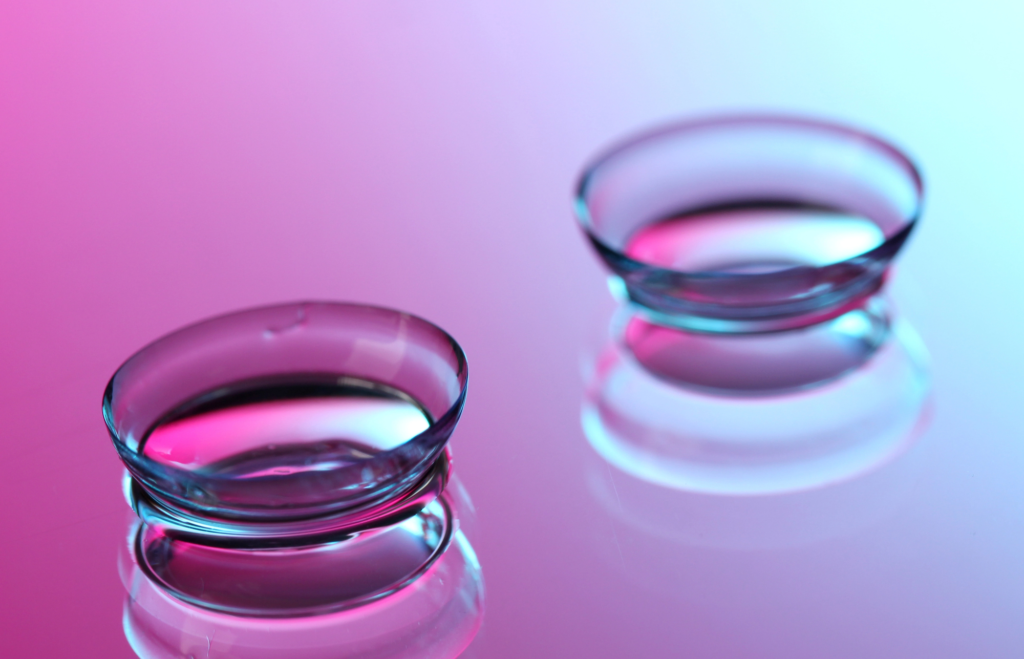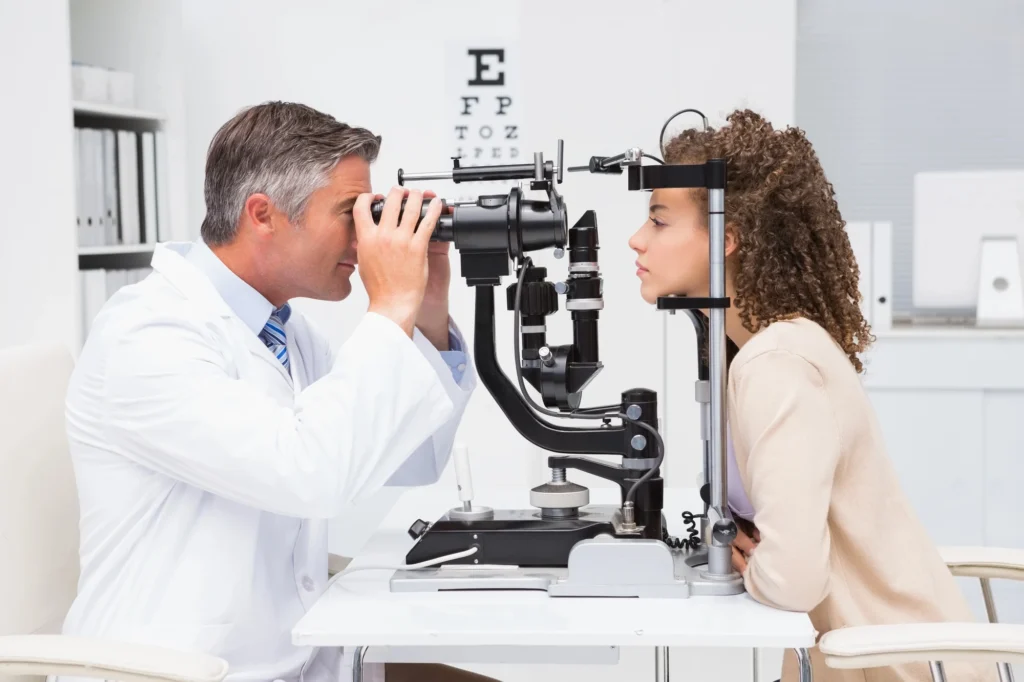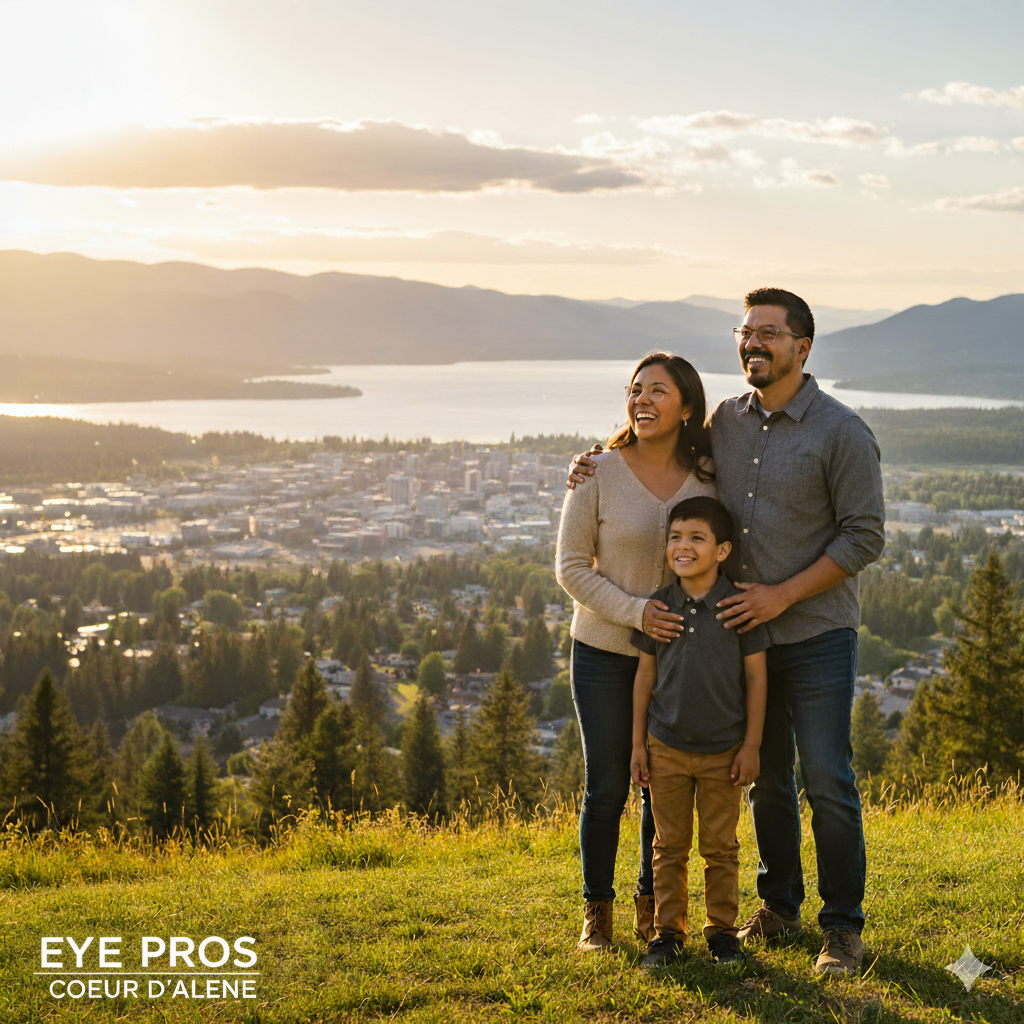Thinking about converting to contacts? Good idea!
Wearing contacts won’t change your appearance. It’s not a big deal for some people, but most of us don’t enjoy the idea of wearing frames on our face all day, every day.
Additionally, glasses are easy to set down forget about somewhere. Alternatively, if you move too abruptly and swing them off your face or accidentally sit on them, it’s game over.
Wearing contacts offers an easy fix for all of the woes and worries of wearing glasses. With nearly 60% of the US population needing vision correction, it’s kind of a big deal.
Keep reading for 10 things you need to know about wearing contacts.
1. Understanding How to Wear Contact Lenses
For those new to contact lenses, the experience can be a bit daunting. Wearing contact lenses for the first time may feel uncomfortable, and your vision might be blurry initially. However, this is normal and often resolves as you get used to the lenses.
- Start with clean hands: Always wash and dry your hands before handling your lenses.
- Follow the correct procedure: Place the lens on the tip of your index finger, make sure it’s right-side out, and gently place it on your eye.
- Blink a few times: This helps the lens settle properly. If it feels uncomfortable or blurry, you may need to reinsert it.
2. Conventional vs. Disposable Contacts
Choosing between conventional and disposable contacts is an important decision based on your lifestyle and preferences.
- Conventional contacts: These are designed for long-term use, typically lasting six months to a year. They require diligent cleaning and maintenance.
- Disposable contacts: These are meant to be replaced daily, weekly, or monthly. They offer convenience, reduce the risk of infections, and eliminate the need for regular cleaning.
Pro Tip: If you’re concerned about convenience and eye health, easy-wear disposable contact lenses might be the best option.
3. Benefits of Wearing Contacts
Wearing contacts offers several advantages over traditional glasses:
- Wider field of view: Contacts conform to the shape of your eye, providing better peripheral vision.
- No frame obstruction: Unlike glasses, there’s no frame to block your vision.
- Active lifestyle-friendly: Contacts are ideal for sports and physical activities where glasses may be inconvenient or unsafe.
4. Wearing Contacts for an Active Lifestyle
Contacts are perfect for those with an active lifestyle. Whether you’re running, biking, or hitting the gym, contacts won’t slip, fog up, or get in the way.
- Water sports caution: While some contacts are designed for water activities, it’s generally safer to remove them before swimming to avoid irritation or infection.
5. Orthokeratology Contacts
Orthokeratology, or Ortho-K, is a unique type of contact lens worn overnight to gently reshape the cornea. These lenses temporarily correct vision, allowing you to go glasses-free during the day.
- Ideal for specific conditions: Ortho-K lenses are particularly beneficial for those with nearsightedness, hyperopia, or astigmatism who prefer not to wear contacts during the day.
6. Soft Lenses vs. Rigid Gas Permeable (RGP) Lenses
Contact lenses come in two primary types:
- Soft lenses: These are comfortable, flexible, and easy to wear, making them ideal for beginners.
- RGP lenses: These are more durable and offer sharper vision, especially for those with higher prescriptions or specific eye conditions.
7. Exploring Colored Contact Lenses
Colored contacts can be a fun way to change your eye color, but they must be used with caution.
- Prescription-only: Always get colored lenses from a reputable source with a valid prescription to avoid risks like infections.
8. Proper Contact Lens Care
Maintaining good hygiene is crucial when wearing contacts to avoid issues like eye infections or corneal abrasions.
- Daily cleaning: For non-disposable lenses, clean them with the recommended solution daily.
- Storage: Store lenses in a clean case with fresh solution, never reuse old solution.
9. Cost Considerations
The cost of wearing contacts varies depending on the type of lenses you choose:
- Daily disposables: These are generally more expensive but offer the highest level of convenience and hygiene.
- Conventional lenses: These are more budget-friendly but require regular cleaning and care.
10. Things to Avoid While Wearing Contacts
To ensure your eye health, there are certain things you should avoid while wearing contacts:
- Sleeping in contacts: Unless specifically designed for overnight wear, remove your contacts before bed.
- Swimming in contacts: Avoid wearing contacts in pools or hot tubs to prevent exposure to harmful bacteria.
FAQ Section
How much do daily contacts cost?
The cost of daily disposable contacts can range from $20 to $50 per box, depending on the brand and prescription. Since you’ll need a new pair every day, this can add up, so consider your budget and lifestyle when choosing lenses.
How long does it take to get used to contacts?
It typically takes a few days to a week to adjust to wearing contacts. Initially, you might experience slight discomfort or blurry vision, but this should improve as your eyes adapt.
Is it safe to wear contact lenses every day?
Yes, it’s safe to wear contact lenses every day as long as you follow your eye doctor’s instructions, maintain proper hygiene, and use the lenses as directed.
What do I need to know about wearing contacts?
Always prioritize hygiene, follow your prescribed wearing schedule, and never ignore discomfort. Regular eye exams are also essential to ensure your lenses are still a good fit for your eyes.
How long can I wear contact lenses in a day?
Most contact lenses can be worn for up to 8-12 hours a day. However, consult your eye doctor for specific recommendations based on your lens type.
How to wear contact lenses easily?
Practice makes perfect. Start by washing your hands, ensuring the lens is right-side out, and gently placing it on your eye. Blink to help the lens settle, and use a mirror for guidance.
How to Tell if You Need Contacts
Many people don’t know they should be wearing contacts or glasses.
Even if your vision seems fine, it doesn’t mean there aren’t other things going on, you should still get a regular eye exam. Optometrists can often detect eye problems
Schedule an appointment today for a comprehensive eye exam or contact us for any questions.
